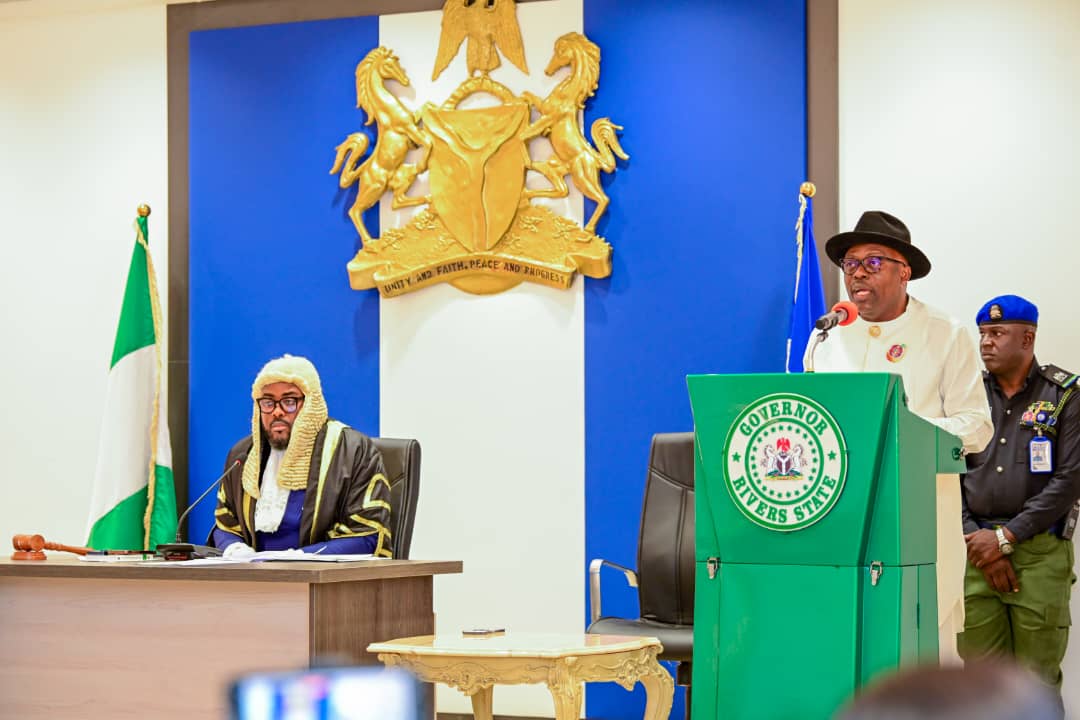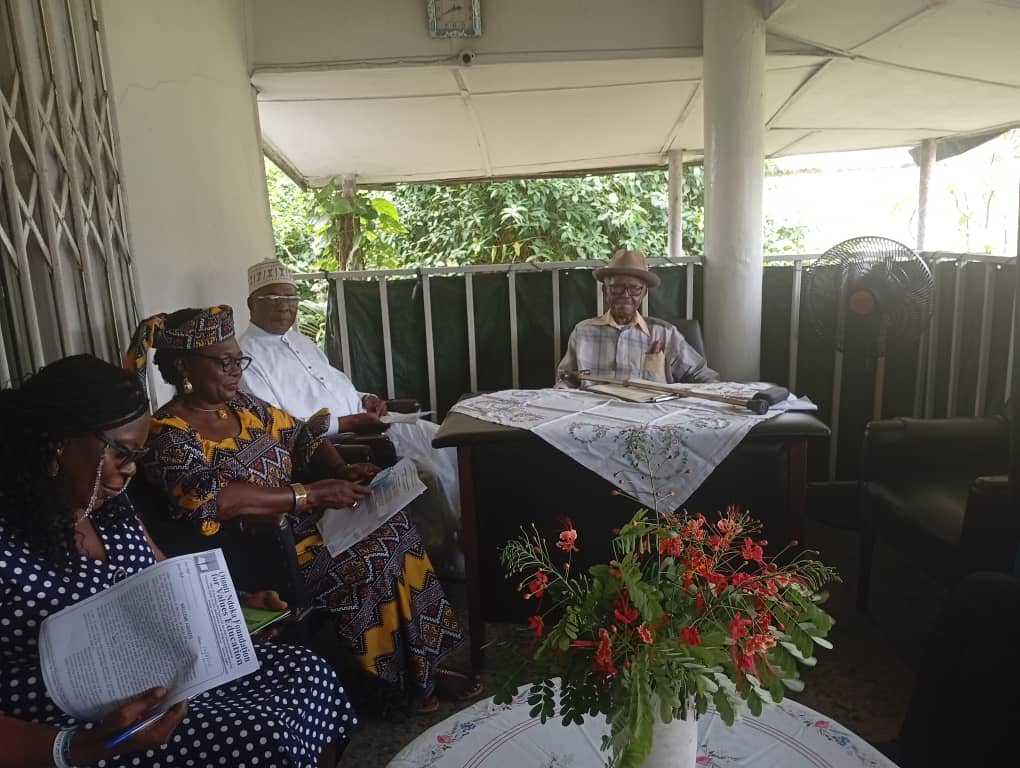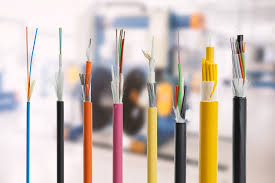City Crime
FUBARA PRESENTS N1.188TRN AS 2025 BUDGET TO RSHA

Rivers State Governor, Sir Siminalayi Fubara, has presented N1.188 trillion as budgetary estimate for the year 2025 to the State House of Assembly for consideration and approval.
This figure is an increase from the 2024 budget of N800 billion that was presented in 2023 to the Assembly.
Governor Fubara presented the 2025 Appropriation Bill shortly after delivering his address to lawmakers at the Assembly Auditorium, Administrative Block of Government House in Port Harcourt on Monday.
He said the 2025 budget christened: “Budget of Inclusive Growth and Development”, will be implemented to achieve sustainable economic growth, accelerate the development of the State, while improving the living standards of all residents in the State.
Governor Fubara explained that with the set out objectives, the 2025 budget will strengthen the capacity of the State to weather possible external shocks from the volatility of the national economy while building a resilient economy that will advance the collective development and prosperity of the people.
He said, “The total projected revenue for Rivers State for the 2025 Fiscal Year is N1,188,962,739,932.36.
Two components of the budget are constituted as follows: Recurrent Expenditure of N462,254,153,418.98; Capital Expenditure of N678,088,433,692.03; Planning Reserve of N35,688,864,931.16; and a closing balance of N12,931,287,890.1935. This gives a Recurrent/Capital Expenditure ratio of 44:56%, indicating the sincere commitment of our administration to both infrastructural and human capital development of our people and state.”
Governor Fubara said nearly N31 billion has been allocated to support interventions in agricultural development to ease the implementation of a comprehensive agriculture transformation and support programme for Rivers youths in order to significantly resolve issues of youth unemployment and poverty.
He emphasised that the commitment is also to address food insecurity in Rivers State, provide land preparation, farm inputs and extension services, including training, tractors, and access to improved seedlings and fertilizers to farmers to enhance their productivity and farm yields.
In education, Governor Fubara assured that his administration will continue to provide access to quality education at all levels, enabling Rivers children have the knowledge and skills they need to excel in their careers and contribute to the development of the State.
The Governor said, “Consequently, we have proposed to spend over N63 billion, representing 9.3% of the budget on education in fiscal year 2025. With this, we shall access all outstanding matching grants from the Universal Basic Education Commission to rehabilitate, equip and furnish dilapidated public primary and junior secondary schools, and continue to provide free basic education to our children.
“We will also rehabilitate, equip and furnish as many senior secondary schools as possible across the State, including the provision of new classrooms, perimeter fencing, water and electricity, to provide a conducive environment for effective teaching and learning to take place.
“We shall work with the school-based management boards, administrators, parents and teachers to fix our broken school system, improve enrollments, keep learners in school, promote effective teaching, and improve learning outcomes.”
Governor Fubara said with the proposed N97.750 billion for the health sector, representing 14.4% of the budget, all zonal hospitals, the upgraded neuropsychiatric hospital, and the new general hospital at Rumuigbo under reconstruction will be completed to provide quality and affordable healthcare services to the people of the State.
He also assured of rehabilitating more general hospitals, health centres across the State, ensure the procurement of essential drugs, medical supplies and equipment for effective and efficient healthcare delivery, while also providing more infrastructure to strengthen the capacity of the Rivers State University Teaching Hospital for quality, effective, and efficient tertiary healthcare services.
On Road and Transport Infrastructure, Governor Fubara said over N195 billion has been earmarked to complete all ongoing road projects and initiate new ones, support and facilitate the modernization of the public transport system through necessary incentives to improve the quality of public transportation services in the State.
Governor Fubara assured that all ongoing electrification projects, including delivering transformers and replacing the generator-powered streetlights with solar energy-powered streetlights across Port Harcourt and Obio/Akpor Local Government Areas will be concluded, and restated the determination to ensure the passage of the Rivers State Electricity Market Bill to regulate and open the State’s energy sector for private sector investments in order to achieve energy security and accelerate the industrialization of Rivers State.
He said, “In Social Development and Investments, Mr Speaker, we have proposed to spend N15.4 billion for the social development subsector of our economy to advance youth and gender empowerment, jobs and wealth creation, sports development, and social inclusion.
“We will collaborate with Local Government Councils to establish youth resource and digital transformation centres to enable access to digital tools, Internet services and training programmes for our youths to become economically successful and sufficiently self-reliant.
“We will also continue to support and strengthen the capacity of State-owned sporting teams, especially Rivers United, Rivers Angels, and the Hoopers to enable them excel and win more laurels in both national, regional and international contests.”
Governor Fubara, who said the 2025 will be funded from FAAC, Internally Generated Revenue, Statutory Allocations, Mineral Funds, Valued Added Tax, Refunds/Escrow/ECA and others, explained that the 2014 budget performed excellently with IGR figure hitting N100billion increase over the 2023 figure.
In his speech, Speaker, Rivers State House of Assembly, Rt Hon Victor Oko-Jumbo, applauded Governor Fubara for recording over N100 billion increase in IGR, which shows high level of transparency and accountability in governance, with the plugging of financial leakage, adding that it is also a testament to how attractive Rivers investment climate has become.
Rt Hon Oko-Jumbo pledged the continual support of the Legislature to the Excutive to ensure that the Governor remained focused, sustain financial prudence, deliver democratic dividends, and make life better for the people.
City Crime
Foundation To Host National Conference on Value Reorientation In Port Harcourt

The Otonti Nduka Foundation for Values Education, a non-governmental organization based in Port Harcourt, Rivers State, has said that foundation is set to host a one-day national conference on reviving Nigeria’s value system.
The conference which has the theme”Trends and Challenges in Upholding Values in Nigeria,” will take place on November 13, 2025, at the Obi Wali International Conference Centre in Port Harcourt.
Speaking with newsmen at the foundation’s corporate office in port Harcourt, Tuesday,the chairman of the Board of Trustees, Emeritus prof Otonti Nduka disclosed that the conference is being held in collaboration with Rivers State University (RSU) and aims to bring together professionals from across the country to discuss the nation’s values landscape and collectively reset the compass of the society’s ethical and values system.
The emeritus professor hinted that the conference will be chaired by HRM King Diete Spiff, the Amanyanbo of Twon Brass, Bayelsa State while the key note speakers include Dr. Ngozi Okonjo-Iweala, Dr. Akinwumi Adesina, and Bishop Matthew Kukah, all known for their integrity and service.
According to him, the nation’s value system has deteriorated, and concerted efforts are needed to reverse the trend and restore sanity to society , stressing that the conference is designed to chart a new course based on national values and ethical leadership.
Prof. Nduka called for support from governments, public, and private individuals to achieve the program’s objectives.
He noted that the foundation was established in 2006 to revitalize the moral fibre of Nigerian society through the enunciation, inculcation, propagation, and dissemination of positive values.
Earlier in his speech, the Chairman of the conference, prof Hillary Wordu urged the media to partner with the foundation to create the necessary sensitization and awareness for the success of the event.
He assured that the conference would address nagging national values issues, including insecurity, corruption, election malpractice, and injustice.
City Crime
test
testing
City Crime
Nigeria Unveils 90,000km Fibre Optic Network Boost Nationwide

-

 Nation2 days ago
Nation2 days agoAccolades, Fanfare As Ogbakor Ikwerre President General Celebrates 80th Birthday
-
Featured2 days ago
Rivers LG Poll: APC Wins 20 chairmanship seats, PDP Clears Three
-
News2 days ago
Stop politicising Niger Delta’s plight over personal interest, Ex-militant warns Ijaw youths
-
News2 days ago
Keep faith with Tinubu’s Renewed Hope Agenda – NOA begs Nigerians
-
News2 days ago
Cleric Condemns Increasing Theft in God’s House
-

 Niger Delta4 days ago
Niger Delta4 days agoBayelsa Tasks Security Agencies On Vigilance Over Waring Communities
-
News2 days ago
Okpebholo, Edo Speaker mourns ex-IGP, Arase
-
News2 days ago
Ojulari: CNPP, civil society groups demand judicial probe into NNPCL

